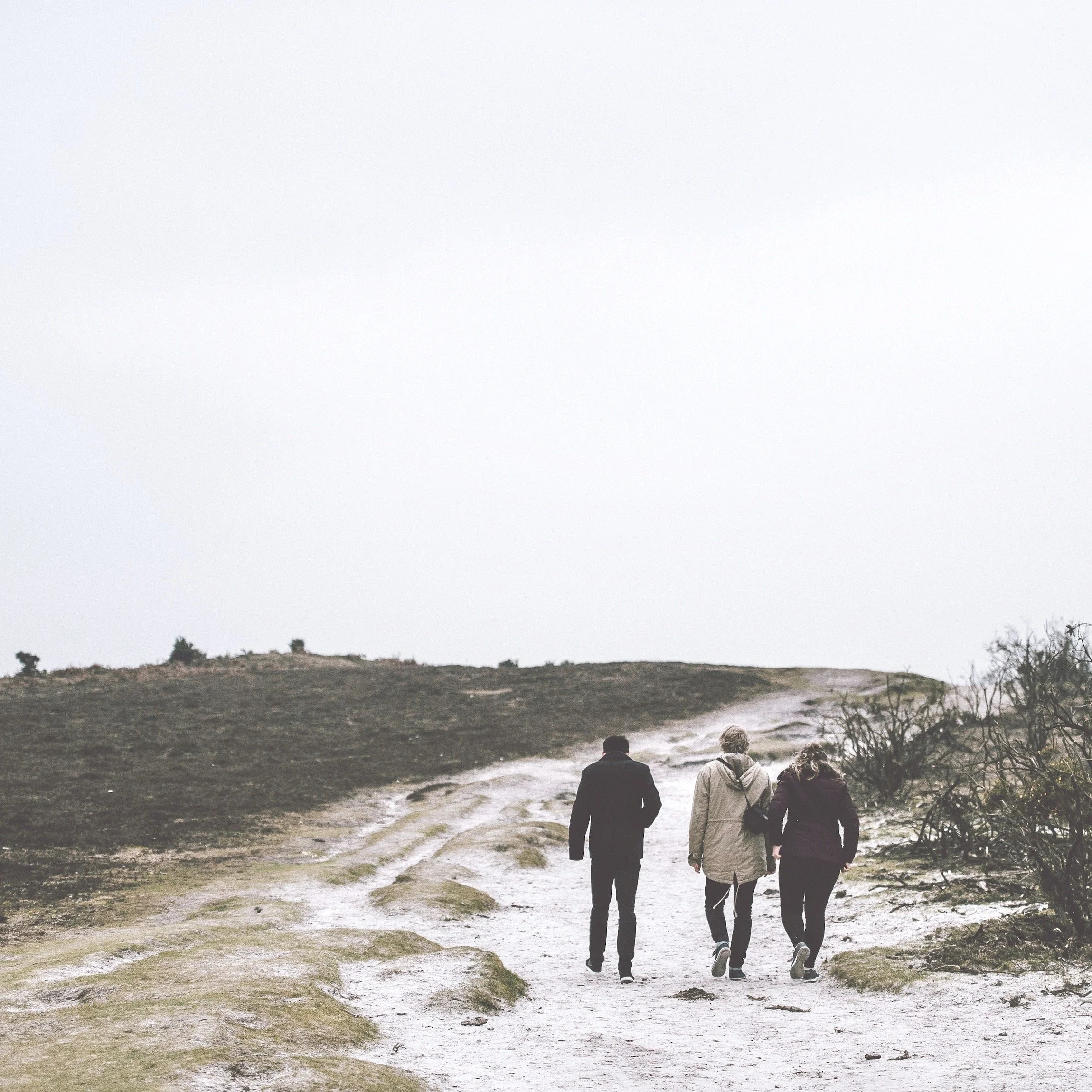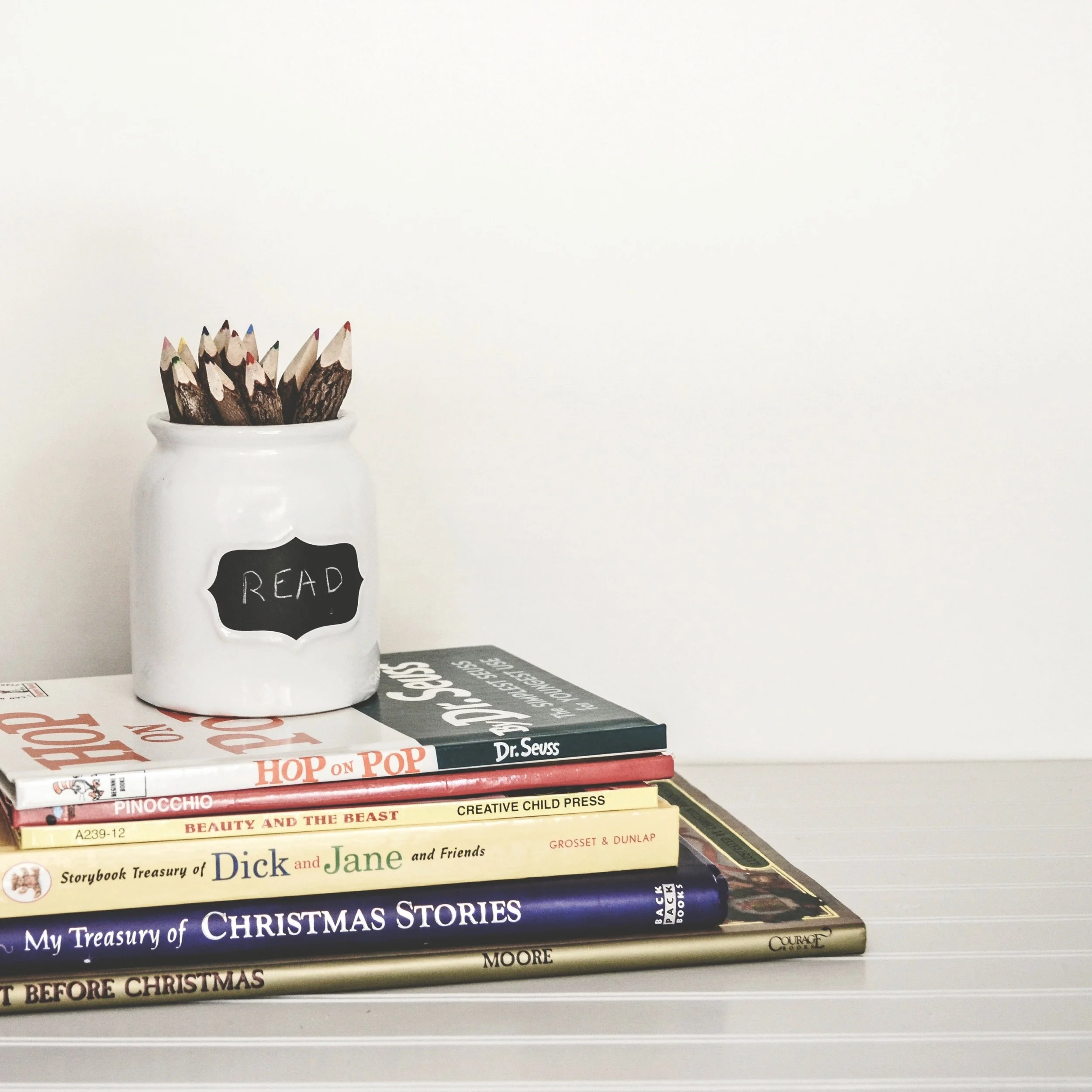Paralysis and Peace
“Would you tell me, please, which way I ought to go from here?”
– Lewis Carroll, Alice in Wonderland
I have made my decision for the next surgical step. And what I have learned is this: sometimes the most pivotal and permanent decisions we face cannot be made from a list of pros and cons. That’s what I busied myself generating over the course of the last two weeks, gathering all the information I could. I spoke with women who had reconstructed in all the ways it is possible to reconstruct the breast: implants, autologous flaps, newer omental flaps. I spoke with women who had deferred reconstruction, on one or both sides, thirty years out or ten years out, wearing prostheses or not wearing prostheses. I spoke with world-class surgeons and residents, solicited advice from friends and acquaintances. I read about phantom breast pain and implant ruptures, scar revisions and acellular dermal matrices.
But the more informed I became, the less able I was to decide. It turns out the world can give us knowledge, but it can’t give us wisdom. I felt honored by the vulnerability with which so many shared the most intimate parts of their story; I was more educated than ever about the mechanics and risks of various procedures—but I was no closer to a decision. Instead of feeling freed by what I was learning, I felt pressed down and paralyzed by the options.
What I was searching for, I realized, was hard to find: someone who made a surgical decision from a place of peace and wholeness. What I heard instead was anxiety and fear: I did this because I was afraid of what I’d look like, or afraid of this complication, or afraid of displeasing someone. And while I can say with certainty now that I would never judge anyone for their decision—it’s one thing to think you’d know what you’d decide, and another to go through it; there is not a single woman who has that I don’t respect—I didn’t want to make a decision from that place.
Finally, desperate, I asked God to just tell me what to do. That was the prayer I whispered over and over, while washing the dishes between driving the kids, or lying in bed during the dark hours when the house was quiet. But nothing changed.
I met with my spiritual director yesterday morning, and she asked: Esther, is it possible you’ve been asking God, but you haven’t been listening? Let’s do that right now, together; let’s be still, and let’s listen. And as I did, I realized that the reason I felt paralyzed with indecision was because I had come to believe that what I chose would determine my happiness. That’s what we do, isn’t it? Should I marry this person or not? Take this job or that one? Is it A or B? We’ve got to get it right, because surely one leads to better outcomes than another.
But the truth is, happiness lies not with A or B. It lies with who I am and who I become in whatever choice I happen to make. The true shalom-peace, the true wholeness of joy and being, that I seek, is not found in whether I have one breast, or two, or one and some fraction of the other. It is to be found in my identity as God’s child, in my flourishing as a whole person in his presence. One person put it so beautifully that I wrote it down in my journal: God bless you in your decision. But know that you will always be the beautiful loving caring servant-Esther who God created you to be, with or without the reconstruction. And you will be loved by God more possibly than you can imagine.
As I listened, an image came to mind. I was walking slowly in a sloping valley, and God came and took my hand. He did it in the manner of our younger daughter, the only one still small enough to slip her hand into mine as we walk. When I squeeze her hand, she squeezes mine back, and it’s our way of saying, Are you there? – I’m here. Sometimes I squeeze twice; she squeezes twice back. Are you still there? –I’m still here.
And as I brought my question to God—what should I do? I felt him saying, don’t fret. You are you. You already know what you’re going to do. And it’s going to be okay. It’s going to be okay. And I knew it to be true. I had gotten so good at gathering information—at assessing another person’s intentions and values while sifting through information to formulate questions—that I had stopped listening. Once I listened to myself and to God, once I listened to myself while in the loving gaze of God, I knew my answer. And I knew, come what may, it would be okay.






